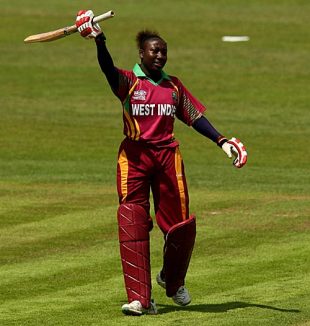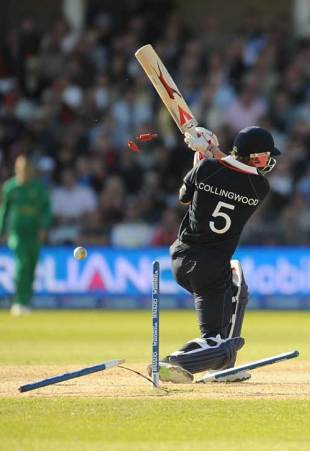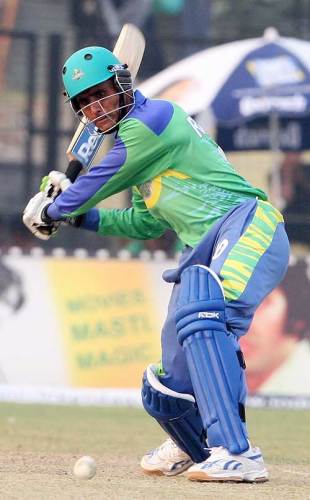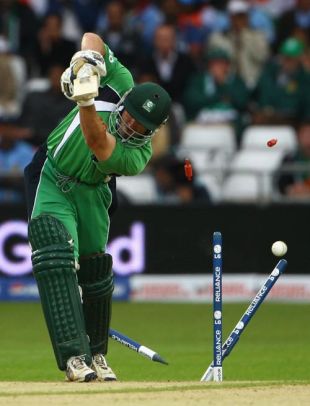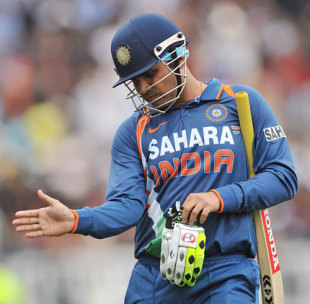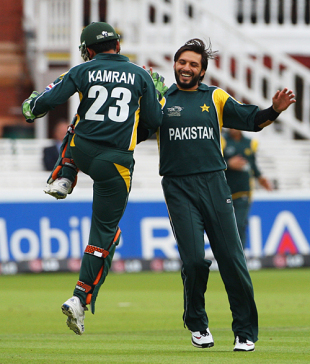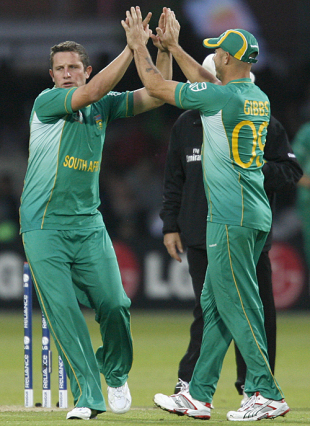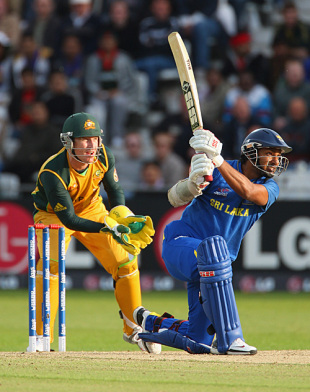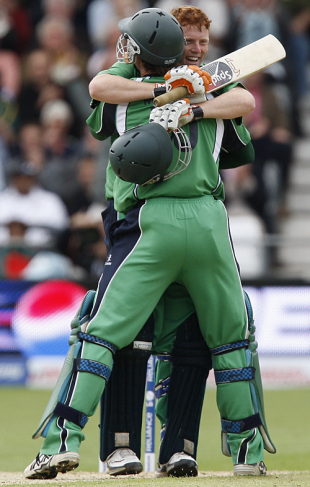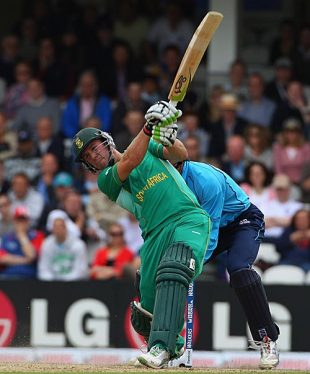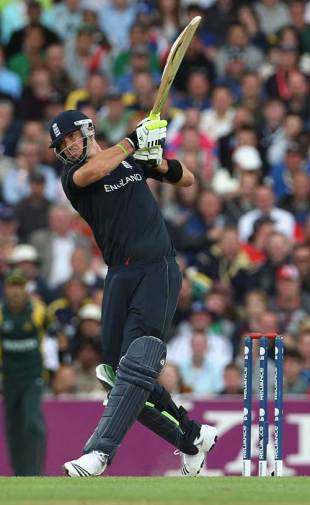| 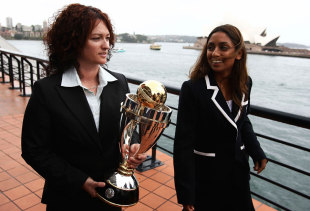
Australian captain Karen Rolton will be leading her side for one final tournament
| |
|
Has there ever been a more important tournament for women's cricket than the ICC World Twenty20? The trophy itself may not be the most coveted in the game - the World Cup wins that non-contest hands down - but this is the women's chance to shine in the world spotlight, when sharing the stage with the men in the semi-finals in Nottingham and London and then the final at Lord's.
Sharing a tournament is an unprecedented opportunity offered by the ICC, which could lead to bigger crowds and better conditions should they do well in front of the TV cameras. The chance will come again, in the next World Twenty20 in the Caribbean - a risk the ICC had to take before the England tournament owing to scheduling deadlines - but first impressions last, so the inaugural chance for the women will be all-important.
The ICC's backing follows mostly successful trials where female teams have preceded the men in domestic and international Twenty20s. In recent years, the women's game has improved out of sight - literally - and impressed many of the one million viewers of the World Cup in March, which was also under the ICC's jurisdiction. But now comes the big test.
It won't quite be all eyes on the group stage, situated as it is in Taunton away from the cameras, but with mismatches all too likely there with the highest- and lowest-ranked teams, this is no bad thing. Eight teams will contest the trophy - the same eight who qualified for the World Cup - four teams fewer than the men, and therefore an already brief tournament is sliced even shorter, thus deliciously upping the pressure.
The brevity of Twenty20 can make for an unpredictable contest, although it's a fair bet that, barring disasters, the Big Four - Australia, New Zealand, India and hosts England - will be in the semi-finals, when it most matters that the game shows itself well. It is no coincidence that the cameras will be there from the semis onward only.
England are the early favourites, holding home advantage and the World Cup, although they were rolled twice there by Australia, showing that they are not invincible. Nevertheless, team spirit counts for a lot and they are the most settled team, with fierce competition for places keeping standards high. Charlotte Edwards' side includes the world's best batsman Claire Taylor, and the World Cup's most successful bowler in Laura Marsh, while both batting and bowling banks are well-stocked.
Australia may have come fourth at the World Cup, losing their crown in front of home crowds, but they will be hoping to prove the old adage and show that their class is permanent. It will also be Karen Rolton's last world tournament in charge, as she will be replaced by Jodie Fields for the subsequent tour of England, so the team will want to do well for their captain who has served Australia so well since making her international debut 14 years ago. They have already found some form after beating New Zealand 2-1 in a Twenty20 series in Brisbane which concluded Wednesday.
New Zealand, who reached the World Cup final this year, possess a formidable battery of players and have every chance of being the first holders of the title. They have a new captain in Aimee Watkins (formerly Mason) following Haidee Tiffen's post-World Cup retirement. She led them for the first time since taking over this week, and won the first Twenty20 against Australia, before losing 2-1.
India are famously mercurial - heading into the World Cup in shocking form but pulling off surprise wins against Australia to end third - but will be keen to follow their men in taking the first World Twenty20 trophy. The women know how much victory means to their country, the feting of the men in 2007 being but one example, and will be fierce challengers for the limelight if they play to their potential.
West Indies are expected to be the best of the rest. Their young side, coached by Sherwin Campbell, is packed with raw talent but is light on experience. Fifth place at the World Cup was a real triumph in the context of a lack of international cricket in the preceding years.
Pakistan have a new captain in Sana Mir, who will hope to build on the success of Urooj Mumtaz after their team finished a surprising 6th in the World Cup, having arrived there ranked 10th. Under Sana, they competed in a Twenty20 tournament this week, the RSA T20 Cup, involving hosts Ireland and Nottingham, and will aim to carry forward the momentum from the experience.
South Africa were woeful in their last world outing in March, and were forced to drop out of the RSA T20 Cup owing to funding and logistical problems. This leaves them potentially undercooked.
Sri Lanka, who have never played a Twenty20, will be led by Chamari Polgampola who was catapulted into the captaincy after Shashikala Sirawardene was sensationally dropped despite being their leading run-getter at the World Cup. They could easily sink without trace once more.
With only nine days of tournament will be over in the blink of an eye, but this short, sharp burst could boost the women's profile like nothing before. The game will still have a long way to go to prick the general consciousness and translate that into repeat ticket sales, but every little helps.
